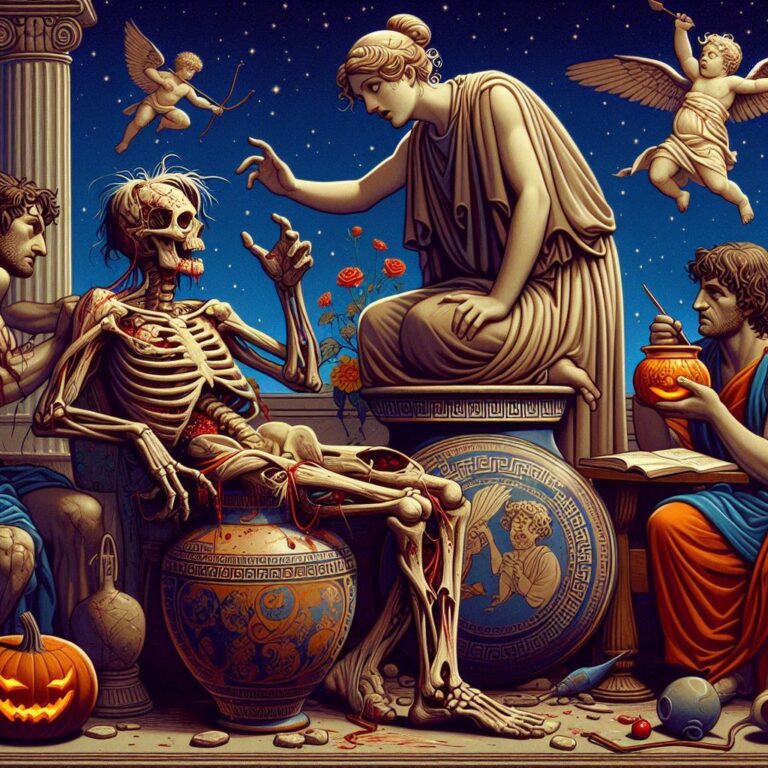There is a slang nominal form of the word “deepening” for when a person seems to be purposefully adding awe, mystery, and unknowns to their arguments: deepenings. It often arises in discourse on religion and mystical experiences. As a child in the 70s we had Bigfoot, Nessy, the Bermuda Triangle, UFOs, near-death experiences, and the strange stuff from Velikovsky, von Däniken, and Sitchin. The books and movies built deepenings into communities and businesses just as surely as Catholicism, Mormonism, or Scientology have done. There is a human desire for mystery. But it doesn’t make the mysteries true. But many religious folks hold on to thin threads that point towards mystery as an added data point for justifying their faiths as real, true, valuable, and beautiful.
Given this, I was curious about David Bentley Hart’s All Things are Gods: The Mysteries of Mind and Life after Ross Douthat praised it at New York Times. It’s a big book and I’ve just skimmed around a fair bit so far, but there is a repetition of an error (among the extensive repetitions in the volume) concerning the mind-body problem that is also related to arguments from Alvin Plantinga concerning evolution. Specifically, the notion of philosophical zombies is largely irrelevant I think to claiming that subjective experience (“what it’s like…”) is non-material or of a distinct nature from the brain and the nervous system. Given what we know about evolutionary development, I don’t think that we can even conceive of a p-zombie in the way it was originally proposed.
We might try to imagine an evolutionary development of homo sapiens that does not include this subjective experience, but that would not lead to an identical human sans the qualia-experiencer because the developmental trajectory would have to be different, resulting in differing brains. Instead, it is likely that this subjective experience is a necessary result of the contingent evolution of our brains as it happened to unfold. Those are the joint facts that we have available to us: evolution, brains, reported self-awareness. And if we see shadows of our cognitive capacities in other animals we can also hypothesize a continuity of mental life.
So, despite Hart’s insistence that part of the mystery is that the “I” had to suddenly appear, it seems like it could incrementally arise just fine. For instance, the control systems within bacteria show process awareness in a sense. Neural control systems add to this process awareness until higher order mammals (and perhaps some cephalopods and birds) have increasing levels of self-awareness and the sense of being an observer of qualia. The optimization structure of evolution creates this theater of mind as a means for processing the products of the sensorium, memory, the distinction of self from others, planning, lust, and who-knows-what. The specific sensations that we have that are held to be a mysterious overlay on brain mechanisms are just a consequence of evolutionary development; you rise, teleonomatons.
But why is this important to religious people? For most it is not. They accept their texts and their feelings about religion without worrying too much about whether their sense of being an aware entity somehow leads to a substance dualism or monism or panpsychism. They have enough deepenings in their ordinary and shared experiences. Yet, there has long been a totalizing desire to believe that a religion is not just a personal and social phenomena but that it is a conceptually complete unity that explains all the universe and all our fates. Instead it becomes an ill-fitting suit that can be adapted to any belief system from Hinduism to Episcopalianism to dowsing and it provides no additional value to the adherent of a particular faith. Moreover, since these are old and complex arguments, their insufficiency can become a distraction, especially when Psyche and Eros repetitively insist on their correctness while ignoring the obvious solution.

Fixed Sitchin spelling and clarified a point.